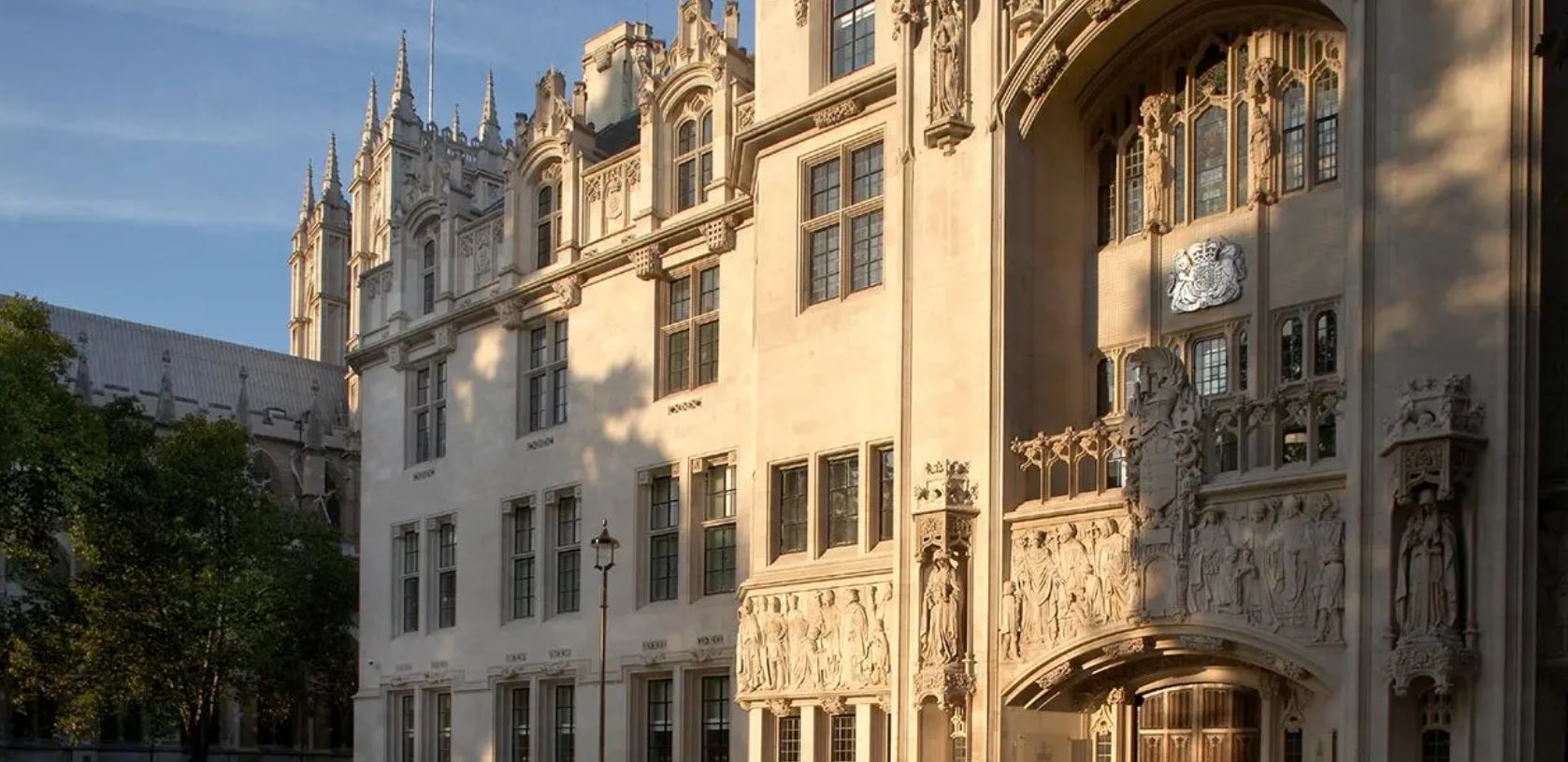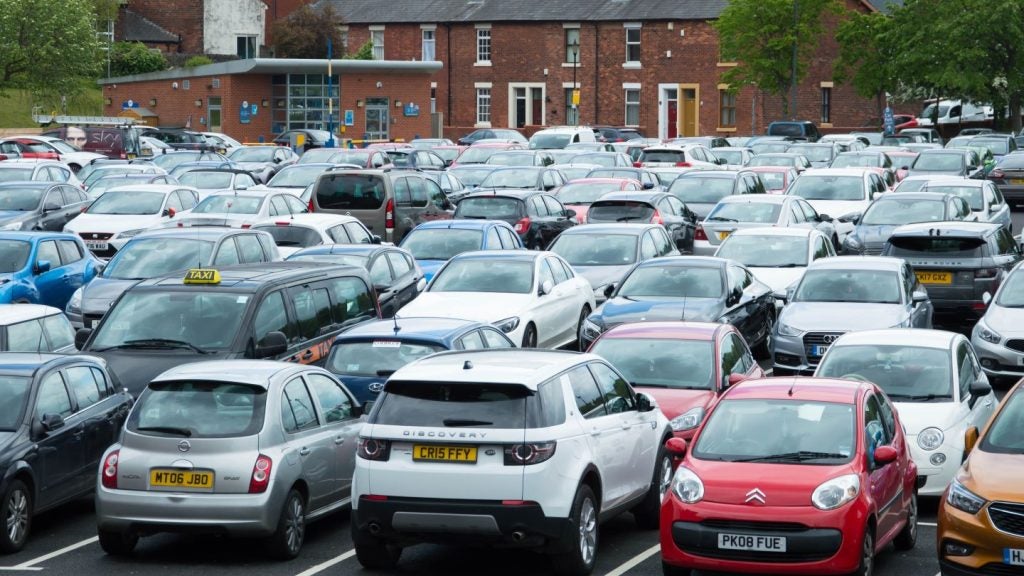
The motor finance industry faces a defining moment in March 2025, when the Supreme Court hears an appeal that could expose lenders to compensation claims totalling £30 billion. This case, brought by Close Brothers and FirstRand Bank, challenges an October 2024 Court of Appeal decision that found it unlawful for car dealers to receive undisclosed commission payments from lenders.

US Tariffs are shifting - will you react or anticipate?
Don’t let policy changes catch you off guard. Stay proactive with real-time data and expert analysis.
By GlobalDataAdrian Dally, Director of Motor Finance at the FLA, described the Supreme Court’s decision to grant permission to appeal as “very good news indeed,” as it will bring certainty to the sector.
The ruling has already sent shockwaves through the sector, which underpins vehicle sales for millions of consumers. Nearly 99% of car finance agreements between 2007 and 2021 involved broker commissions, according to the Financial Conduct Authority (FCA). If the Supreme Court upholds the decision, the industry could face an unprecedented wave of claims, forcing lenders to reassess their business models and potentially reshaping how motor finance operates.
At the core of the issue is transparency. The Court of Appeal ruled that customers must be explicitly informed about commission payments and give their consent. For years, lenders have relied on dealers to act as intermediaries, incentivising sales with undisclosed commissions. This model is now under scrutiny, and its future is uncertain.
The financial impact on lenders could be enormous. RBC Capital Markets has estimated that compensation claims could reach as high as £33 billion. Close Brothers, a leading player in motor finance, has already set aside £420 million in anticipation of potential claims, while Lloyds Banking Group has allocated £450 million. However, in a worst-case scenario, RBC analysts predict Close Brothers could face liabilities of up to £640 million. Such significant costs could force lenders to reconsider their business strategies, potentially reducing lending or passing on higher costs to consumers.
While larger banks like Lloyds, Barclays, and Santander UK have the balance sheet strength to absorb these potential losses, smaller, more specialized lenders face far tougher challenges. Moody’s warns that mid-sized finance providers, including Close Brothers, Aldermore, Investec, and the captive finance arms of car manufacturers like Ford and Volkswagen, could suffer a more severe impact on their earnings and capitalization.
The ruling also raises significant questions about the viability of the motor finance sector’s traditional broker-driven approach. If lenders are required to overhaul their commission structures and increase transparency, it could lead to reduced dealer involvement or tighter restrictions on financing terms. This shift would not only impact lenders but also the broader automotive market, where finance plays a critical role in enabling vehicle purchases.
The FCA is already investigating the extent of potential misconduct and preparing for a possible compensation framework. However, uncertainty remains, leaving the industry in a precarious position. With the Supreme Court’s judgment expected later in 2025, motor finance providers are operating in a state of limbo, unsure how to mitigate potential risks or adapt their practices.
This case underscores the urgent need for clarity and coordinated action. The motor finance sector is integral to the UK’s automotive market, and prolonged uncertainty could have ripple effects across the economy. Industry leaders, regulators, and policymakers must collaborate to provide a clear path forward, ensuring that the sector remains viable while addressing consumer concerns.
While large banks such as Lloyds, Barclays, and Santander UK have the financial strength to absorb these potential costs, smaller, more specialized lenders are facing more challenging prospects. Moody’s warns that mid-sized finance providers, including Close Brothers, Aldermore, Investec, and the captive finance arms of car manufacturers like Ford and Volkswagen, could experience a more substantial impact on earnings
As the March 2025 hearing approaches, the motor finance industry faces a moment of reckoning. Whether the Supreme Court’s decision reinforces the Court of Appeal’s call for transparency or provides a reprieve for lenders, the outcome will shape the future of motor finance in the UK for years to come.








